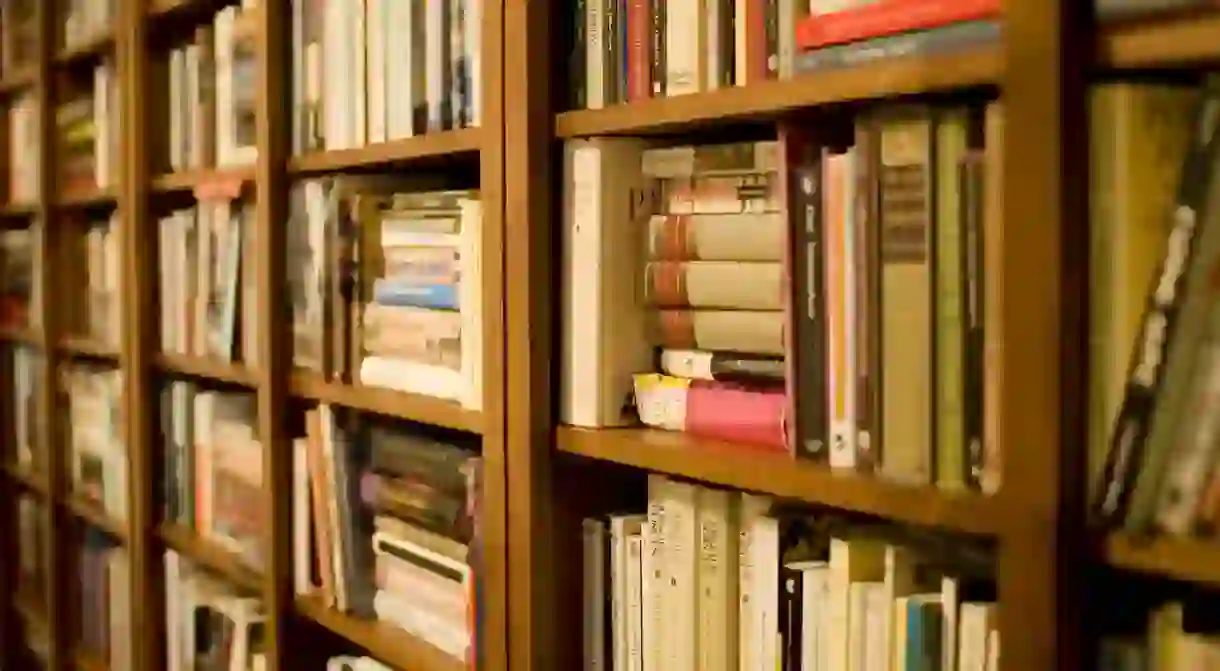An Introduction to Peruvian Literature in 7 Writers

Despite their stature, many Latin American authors are still not read or studied as much as their merit demands. Peru stands among the top of the literary pantheon in Latin America, with Mario Vargas Llosa winning the Nobel Prize for Literature in 2010. Here is a guide to the authors that make up Peru’s rich literary history.
Mario Vargas Llosa
Vargas Llosa is one of Latin America’s most significant novelists and essayists, and one of the greatest writers of his generation in the world. He is Peru’s largest literary figure, even narrowly losing out on a bid for the Presidency in Peru. His work is greatly influenced by his childhood in Lima and focuses on life in Peru. In 1953, he entered the National University of San Marcos, where he studied Letters and Law and later traveled to Spain to complete a doctorate at the Universidad Complutense de Madrid. Over his prolific career he has received countless awards, notably his appointment as a member of the Peruvian Academy of Language (1975), and in 1976 he was elected President of the International Pen Club. In 1994, he was appointed as a member of the Spanish Royal Academy and won the Nobel Prize for Literature in 2010.

César Vallejo

César Vallejo was a Peruvian poet, writer, playwright and journalist best remembered for his poetry, which was not only well known in Peru but worldwide. Sometimes called a surrealist poet, his work features universal themes of the human condition. His collections of poetry are translated in many different languages and studied around the world. He is largely considered Peru’s best poet.
Ricardo Palma
Born in Lima in 1833, Ricardo Palma was an author, scholar, librarian and politician, best known for his magnum opus the Tradiciones Peruanas and his Romantic themes and style of writing. Since childhood, Palma was very interested in politics and journalism, becoming the editor of a political satire newspaper in his early teens. After being exiled from Peru, Palma returned in style, publishing his first historical piece Annals of the Inquisition of Lima, which was quickly followed by a collection of poetry.
José María Arguedas
José was a Peruvian novelist, poet and anthropologist, writing pieces in both Spanish and Quechua, the language spoken by the Incas. At the age of 20, he entered the Faculty of Arts at the National University of San Marcos. In 1933, he published his first short story, Warma kuyay, in the magazine Signo. He later became a professor of Spanish and Geography. Arguedas is best remembered for his intimate portrayals of indigenous-Andean culture and his ability to mix Spanish and Quechua, depicting the indigenous in a different light than had been done previously.
José Carlos Mariategui
He was born in the city of Moquegua in 1894 and died in Lima in 1930. Mariategui was a writer, journalist, and political thinker from Peru who never finished high school. During his career, he worked for many Peruvian magazines and newspapers. In 1918, he founded the magazine Our Epoch with César Falcón where he criticized militarism and traditional politics. A devoted, self-taught Marxist, Mariategui insisted that a socialist revolution should evolve organically in Latin America not beholden to European stands of revolution or production. His most famous work is the Seven Interpretive Essays on Peruvian Reality, a collection of essays that still resonates today.
Abraham Valdelomar

Valdelomar was a Peruvian writer, poet, journalist, dramatist, essayist and playwright, considered one of Peru’s leading storytellers. He began his university studies at the University of San Marcos, but soon abandoned his studies to enter the world of politics and journalism. He was a prolific writer, publishing stories and poetry in different magazines. In 1916, he founded the literary magazine Colónida and published a collection of short stories El caballero Carmelo.
Julio Ramón Ribeyro
Julio Ramón Ribeyro is best known for his short stories and has been published in English, Italian, German, French, Dutch and Polish. He studied Letters and Law at the Pontifical Catholic University of Peru and in 1952 won a journalism scholarship that allowed him to study in Spain. His short stories are characterized by their ironic and pessimist views and his use of dramatic irony, leading to his characters downfall.













